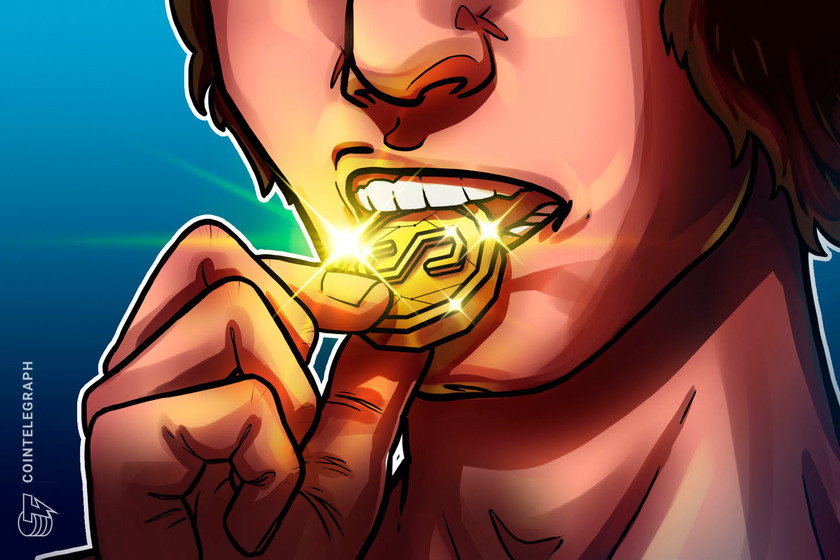Bitcoin options data shows whales betting big — Will $50K BTC come in January?


Institutional investor interest soars as Bitcoin options open interest hits record high.
Bitcoin (BTC) options open interest reached an unprecedented milestone, surging to a staggering $20.5 billion on Dec. 7. This signifies the active involvement of institutional investors in the cryptocurrency space. Unlike futures contracts, BTC options have predetermined expiration prices, offering valuable insights into traders’ expectations and market sentiment.
At the forefront of the Bitcoin options market stands Deribit, boasting a 90% market share. The exchange currently holds a substantial $2.05 billion open interest for options expiring on Jan. 26. However, many of these bets may lose their value as the deadline approaches.
Nonetheless, with the prospect of a spot exchange-traded fund (ETF) gaining regulatory approval, previously sidelined bullish bets are reentering the playing field.



















